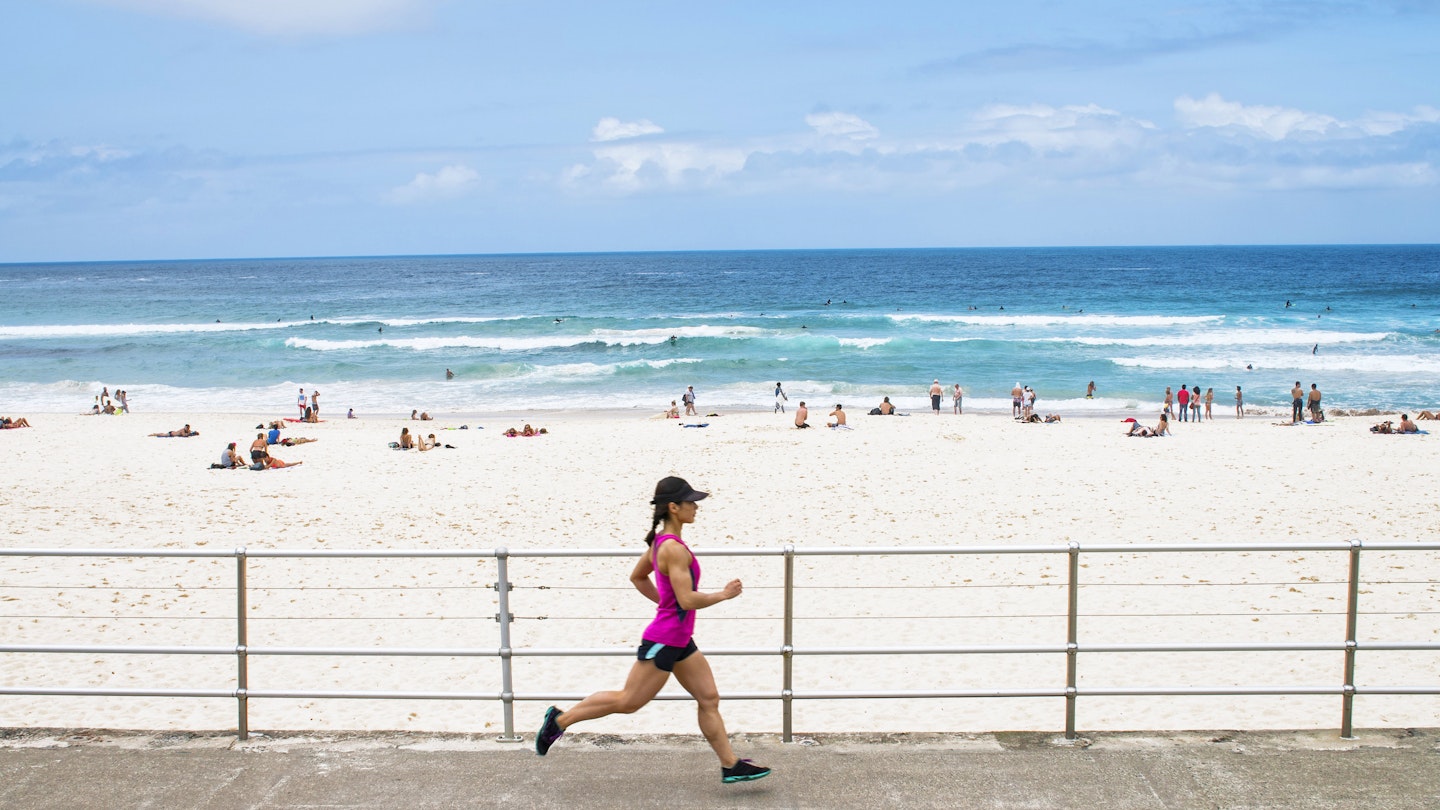Run and Explore: Tips for Travelers
Whether at home or traveling, running is a great way to explore. It’s also an effective way to help you find your bearings.
In addition to avoiding all the lines for buses and train tickets, your run may take you away from the main thoroughfares and tourist trails, helping you uncover something unexpected. Moreover, if you’re jet-lagged and get out early enough, you will have the added joy of enjoying the city almost to yourself. Of course, the primary concern is getting lost or accidentally finding yourself in the “wrong” neighborhood. However, with a little planning and a mobile phone, you can discover great running routes wherever you travel.
1. Use Technology

A phone can be a runner’s key to exploring the city. Apps such as MapMyRun allow you to search for recommended routes all over the world. However, these routes are uploaded by individuals who may not prioritize quieter paths. Therefore, you may prefer a more curated service such as the website greatruns.com, which provides detailed descriptions of running routes in over 400 cities. Similarly, the RunGo app, includes many starting points from hotels and audibly provides directions while you run, reducing the need to constantly check your device.
A popular option is to use the heatmap on the Strava app, which highlights the most frequented routes by local runners. If a route looks appealing but lacks activity on Strava, it may be best to steer clear. The Suunto app also has a heatmap feature, as does the mapping tool within the Garmin Connect app, which showcases routes heavily used by runners in the vicinity.
If you are using your phone to navigate, it’s crucial to pause whenever you need to check direction, as running while distracted can lead to accidents. Using a phone holder can be beneficial, allowing you to glance quickly. Additionally, if the weather is rainy, consider placing your phone in a protective case or a small freezer bag to keep it safe.
2. Reach Out to the Local Running Community

In most towns and cities worldwide, there are running communities ready to welcome newcomers and tourists. Running clubs often have dedicated web pages or social media profiles, so if you’re eager to meet people, it’s worth reaching out to see when the next run is scheduled. Being local runners, they’ll know the best routes, and most groups offer different paces to accommodate everyone.
Technology also plays a vital role in connecting with the world’s running communities. Websites like meetup.com facilitate connections for like-minded individuals, while the MyCrew app connects you to local running and fitness groups.
If you cannot locate a group, consider visiting a local independent running store. Staffed by passionate runners, they can assist with route suggestions and might even organize their own group runs. You can also join a Nike+ Run Club or Adidas Runners group, available in many major cities.
If you enjoy post-run socializing, the Hash House Harriers offer a unique experience. They are a running group dedicated to enjoying drinks after their runs, following secret trails that often lead to unexplored parts of a city. To locate a nearby group, visit gthhh.com.
3. Go it Alone

Choosing to run alone provides the freedom to go at your own pace and schedule. When traveling, it’s advisable to ask your hotel or Airbnb host for insights on which areas to avoid. A helpful trick is to seek out the nearest water source, such as a river, canal, or seafront, and run alongside it. These areas are often pleasant for running and make it challenging to lose your way. Alternatively, running laps around a nearby park is a safe and traffic-free choice.
If you plan a more ambitious route, reviewing it on Google Streetview beforehand can help familiarize you with key landmarks, ensuring you don’t miss them.
For safety, consider heading out early, around 6 am, or, if running at night, wear reflective clothing and carry a headlamp, especially in less urban areas. Always take some cash and a credit card for potential taxi or public transport needs should you get disoriented. A practical feature to utilize is the “return to home” function available on many GPS watches, ensuring you can find your way back easily.
However, there’s no need to fret excessively, as getting lost—if in a safe location—can be a delightful adventure. You may come across unexpected places you wouldn’t have discovered otherwise.
4. Take a Tour

If planning can feel overwhelming, consider participating in organized running tours available in many cities. You can simply show up and run alongside a knowledgeable local runner for a fee. Moreover, often these tours include dining or drinks afterward, making it an excellent way to learn about a city. To find a suitable tour, search for “running tours” in the area where you’ll be staying or visit runningtours.net.




